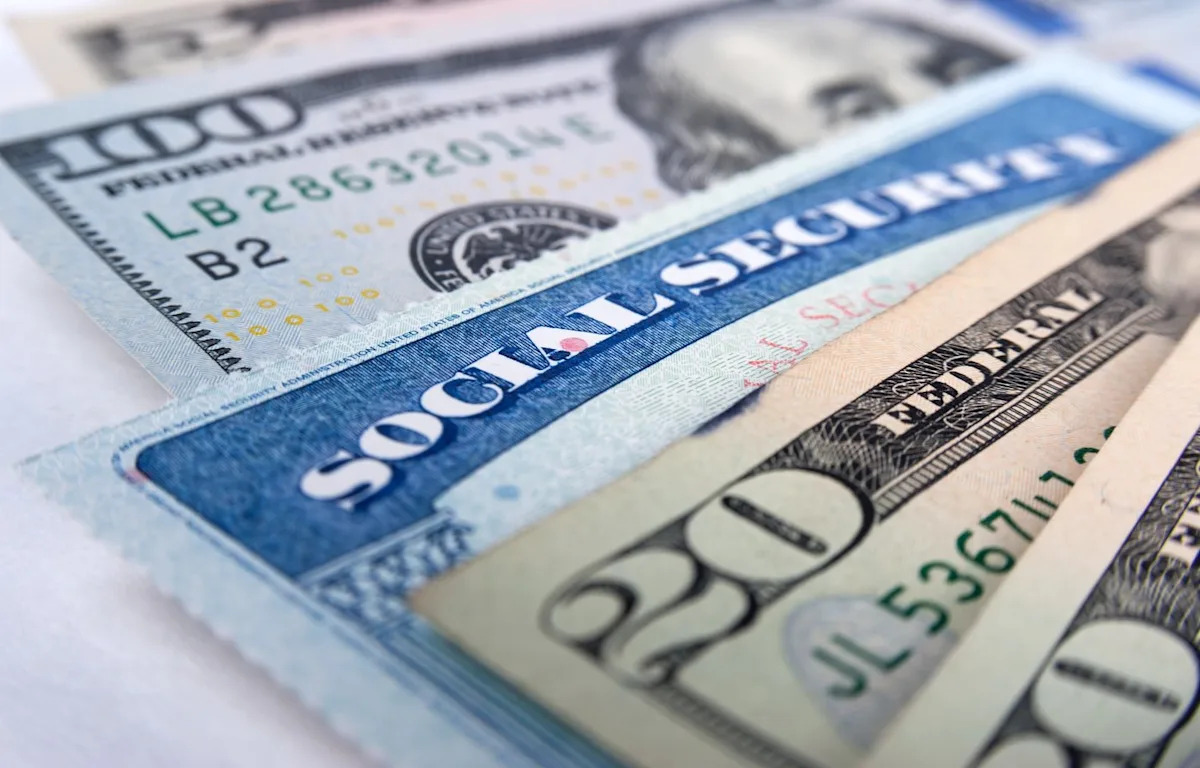Think your spending is under control? Those small "convenience charges" and forgotten subscriptions are creating dozens of invisible money leaks. Most households lose thousands annually to these sneaky drains—without noticing until it's too late.

Money Leaks: The Sneaky Ways Your Cash Disappears (And How to Plug Those Holes)
Let's talk about something that's probably driving you crazy without you even realizing it—those mysterious ways your money seems to vanish, even when you're being "responsible" with your spending. We're not talking about those obvious budget-busters like impulse shopping at Target (though we've all been there). No, these are the sneakier drains that slowly but surely empty your wallet.
Think of your bank account like a bucket collecting your hard-earned cash. Except this bucket? It's got more holes than your favorite old t-shirt. Some are tiny pinpricks you barely notice, while others are cleverly disguised as "necessary expenses." And here's the kicker—most of them are hiding in plain sight.
Take the whole subscription situation, for instance. Remember when Netflix was your only monthly entertainment expense? Those were simpler times. Now we're all juggling multiple streaming services, meal kits, beauty boxes, digital newspapers... the list goes on. And sure, each one seems reasonable on its own—$15 here, $12 there—but add them up? Yikes. The real headache isn't just the money; it's trying to keep track of what you're actually using versus what's just collecting digital dust.
Here's a thought: When was the last time you actually watched something on that streaming service you've had since 2020? Yeah, exactly. Time for a subscription audit. Pick a quiet Sunday afternoon, grab your favorite beverage, and start listing every recurring charge. Be honest with yourself about what you're actually using. Maybe you don't need both HBO Max and Hulu year-round—try rotating them based on when your favorite shows are on.
Then there's what I like to call the "convenience tax"—that premium we've somehow normalized paying for tiny time-savers. That morning coffee run that's somehow turned into a $15 breakfast habit. The delivery app charging you 30% more because, well, pants are hard sometimes. That "quick stop" at the premium corner store where everything costs twice as much as the supermarket down the street.
Look, nobody's saying you need to become some extreme penny-pincher who makes their own laundry detergent (unless that's your thing—no judgment). But maybe pick your battles. Which conveniences actually make your life better, and which ones are just... habits?
Speaking of sneaky costs—let's talk about banks for a minute. These folks are absolute masters at disguising fees as services. Maintenance fees, minimum balance requirements, ATM charges that pop up like unwanted ads... Meanwhile, your savings account is earning interest rates so low they might as well be theoretical. Time to shop around. Online banks often offer better rates and fewer fees, probably because they're not paying for all that fancy lobby furniture.
And don't even get me started on what I call the "auto-pilot problem." You know what I mean—those bills you set up once and haven't looked at since Obama was president. Your insurance rates, phone plan, internet package... Service providers absolutely love customers who set it and forget it. Why? Because they're banking on your inertia while they offer all the sweet deals to new customers.
Here's a pro tip: Set up a rolling calendar for bill reviews. Each month, tackle one major expense. Call up your provider, ask about current promotions, compare competitor rates. Even if you end up staying, just the act of negotiating often lands you a better deal. It's like magic, except the magic is just companies suddenly remembering they'd rather keep you than lose you.
Then there's the slow creep of "premium" choices that somehow became your default. The fancy gas your car probably doesn't need. The brand-name medications that are literally identical to the generic versions. The upgraded services you were smooth-talked into but rarely use. Time to question those assumptions. Read your car's manual about fuel requirements. Chat with your pharmacist about generic alternatives. You might be surprised how much you can save without sacrificing quality.
Let's not forget about your home literally leaking money through inefficient energy use. That ancient fridge in your garage? It's basically an electricity vampire. Those drafty windows? They're letting your heated air wave goodbye to your wallet. Many utilities offer free energy audits—take advantage. Start with easy fixes like LED bulbs and smart power strips, then plan for bigger improvements as your budget allows.
Here's the thing about fixing these financial leaks: It's not about dramatic lifestyle changes or becoming some extreme budget warrior. It's about awareness and making intentional choices. Start with whatever bugs you most. Make small adjustments. See what works. Then move on to the next thing.
The goal isn't to eliminate every expense or turn into someone who reuses paper towels (unless that's your jam). It's about making sure your money actually serves your priorities instead of dribbling away unnoticed. Because in today's world of one-click purchases and subscription everything, being mindful about your spending isn't just smart—it's essential for keeping your financial house in order.
Remember: Your money should work for you, not the other way around. Now go forth and plug those leaks—your future self will thank you.